Post-Translational Modification Site Prediction Service
Identifying modification sites at residue-level resolution is fundamental for understanding cellular regulation. Experimental methods such as mass spectrometry provide accurate detection but require significant time, resources, and technical expertise. Computational prediction has emerged as a powerful complement. By leveraging bioinformatics approaches, researchers can generate hypotheses about likely PTM sites, prioritize experiments, and gain insight into modification dynamics.
Meng, L. et al. Comput Struct Biotechnol J. 2022.
Figure 1. Overview of Deep Learning Approaches for PTM Prediction
MtoZ Biolabs has established a dedicated post-translational modification site prediction service that combines curated PTM databases, advanced machine learning, and bioinformatics pipelines optimized for protein sequence analysis. Our service bridges experimental data with computational modeling to provide accurate, reproducible, and interpretable predictions, enabling researchers to accelerate discovery and translate findings into biomedical applications.
Services at MtoZ Biolabs
MtoZ Biolabs provides an integrated suite of bioinformatics-driven analyses to support PTM research. Our post-translational modification site prediction service covers the full data-to-insight pipeline.
1. Residue-Level PTM Prediction
We provide predictions of modification sites across multiple PTM types, including both well-characterized modifications such as phosphorylation and acetylation and less common forms such as crotonylation or neddylation. Each predicted site is reported with residue position, modification type, and confidence score, generated through validated bioinformatics algorithms.
2. Motif and Enzyme Analysis
We analyze sequence motifs surrounding predicted sites to identify conserved sequence patterns and infer upstream regulators. By combining motif detection with enzyme-substrate knowledge bases, we predict likely kinases, phosphatases, acetyltransferases, and ubiquitin ligases responsible for site-specific regulation.
3. Functional Annotation
Predictions are contextualized with domain annotation, secondary structure predictions, solvent accessibility, and protein–protein interaction interfaces. This bioinformatics annotation ensures that results are not just lists of residues but are mapped to biological functions.
4. Comparative and Evolutionary Prediction
We perform conservation analysis across orthologs and species to highlight modification sites that are evolutionarily maintained or divergent. This enables researchers to distinguish regulatory "hot spots" from species-specific variation.
5. Differential Prediction and Integration
For clients with experimental datasets, we integrate prediction results with observed spectra to highlight condition-specific modifications. This hybrid strategy connects bioinformatics models with empirical data for maximum reliability.
6. Pathway and Network Analysis
Predicted PTM sites are incorporated into protein interaction networks and signaling pathways using curated bioinformatics databases. This systems-level analysis shows how predicted modifications may rewire cellular regulation.
Why Choose MtoZ Biolabs
1. Bioinformatics Expertise
Our team has extensive experience in computational proteomics and PTM biology. We apply state-of-the-art algorithms for site prediction and integrate curated resources such as UniProt, PhosphoSitePlus, and Reactome to ensure results are both reliable and biologically meaningful.
2. Complete Solutions
From raw sequence input to final interpretation, our post-translational modification site prediction service provides a seamless workflow. Clients save time by receiving integrated analyses that do not require additional data processing.
3. Advanced Computational Pipelines
We employ robust machine learning models optimized for specific PTM types, validated with independent test sets, and benchmarked with multiple evaluation metrics.
4. High Data Quality
Every project undergoes rigorous quality control at each step, from data preprocessing to model output, ensuring reproducibility and confidence.
5. Customized Approaches
We adapt workflows for client-specific goals, whether the focus is a single protein of interest, a protein family, or a large proteome-wide study. We can also design customized prediction strategies for emerging modification types.
6. Trusted Worldwide
Our post-translational modification site prediction service is relied upon by academic institutions, biotechnology companies, and pharmaceutical enterprises around the globe, reflecting our reputation for quality and reliability.
Applications
1. Cancer Research
2. Drug Discovery
3. Neurological Research
4. Epigenetics
5. Infectious Disease and Immunology
6. Protein Engineering
7. Biomarker Discovery
Deliverables
1. A detailed methods report
2. Annotated tables of predicted PTM sites
3. Motif analysis and enzyme prediction results
4. Functional annotation
5. Pathway and network integration
6. Visualization figures
7. Comparative analysis
Post-translational modification site prediction is an essential tool for modern proteomics, providing rapid and cost-effective insights that complement experimental approaches. By integrating bioinformatics resources, machine learning models, and expert interpretation, MtoZ Biolabs delivers a post-translational modification site prediction service that transforms raw sequence data into actionable biological knowledge.
Partner with MtoZ Biolabs to accelerate your research, discover regulatory mechanisms, and translate computational predictions into experimental breakthroughs. Contact us today to learn how our post-translational modification site prediction service can support your scientific goals.








